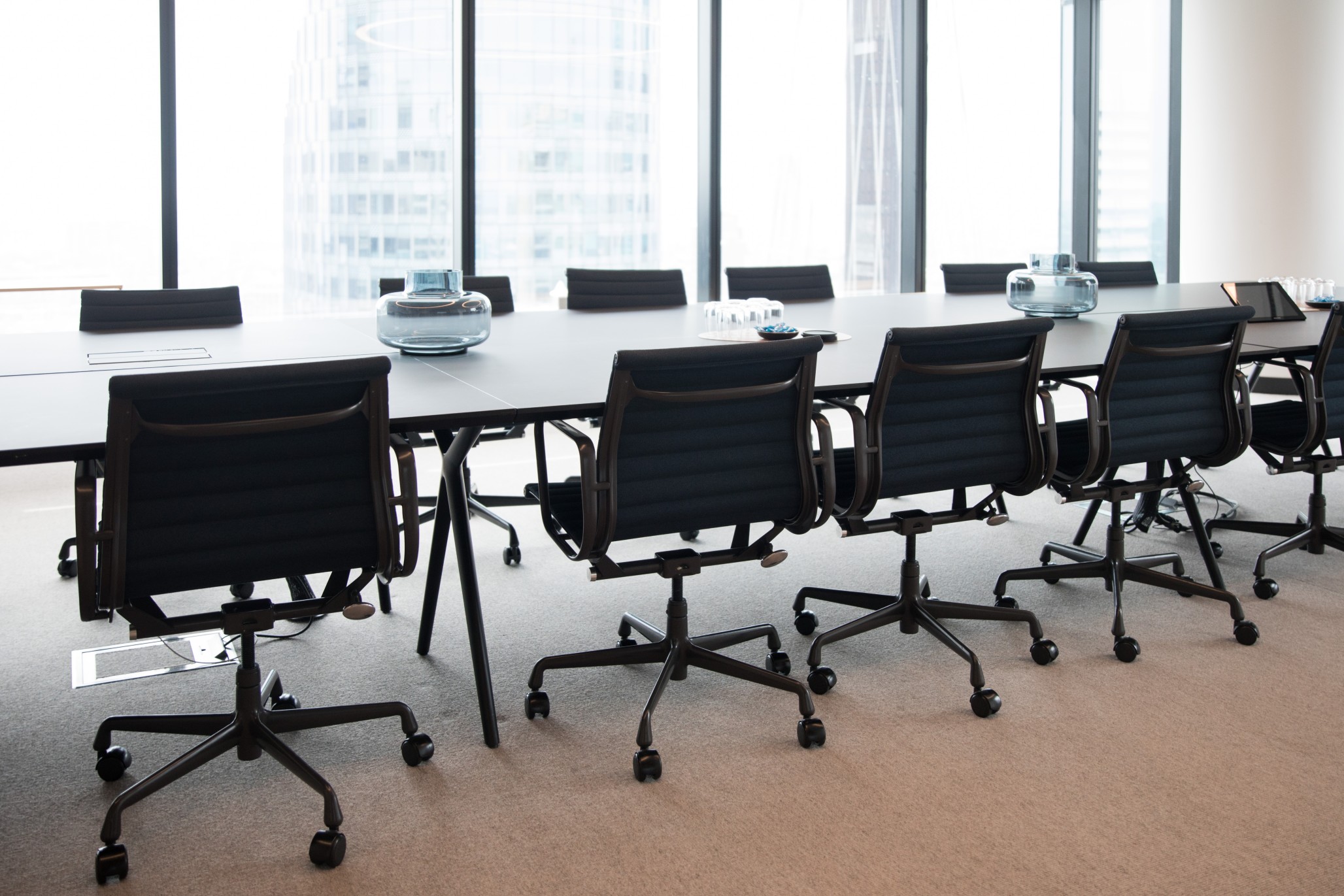The numbers tell a powerful story. As of April 2021, remote work is currently still the norm for approximately one third of the American workforce. In Manhattan, the number of employees working from home is even greater. 85% of workers are leaving their offices sitting empty. This massive shift has many wondering what the future holds for them, for their careers, and how great of an impact the pandemic will have on their daily lives going forward.
This week, companies started weighing in. J.P Morgan just announced that they expect all employees to return to the office on a rotating basis by July. However, with offices only open to 50% of employees, no one will be going in five days a week. The company also announced that they will allow 10% of their global workforce, or 25,000 employees, to permanently work remotely, with many others working in a hybrid model.
What we are experiencing now is a massive shift in how companies view working from home and flexible work schedules. At Lancor, we are talking to top firms around the country and noticing certain trends taking shape. We won’t be going back to the way things were in terms of office space, work culture, or hiring. But how will things change exactly? Here are 7 things to expect this year and how we see the future of work.
- The 5-Day in-person workweek is a relic. I don’t see a return to the five-day work week. The firms I am speaking with, particularly those in cities like New York with many commuting employees, are expecting that workers will come in a few days, but not all five days. Long-term this is going to require a different way of managing and gauging a team’s performance and productivity. However many companies have learned how to do that through the pandemic, allowing them to leverage all types of employees.
- 50% of offices will be filled by September 2021. This is when we will see the first big wave of workers returning to offices and companies asking them to do so. There won’t be an expectation that offices will be filled at capacity, I expect the target will be about 50%, with that increasing as the year goes on. Some firms like Goldman Sachs, that thrive on a culture of in-person collaboration, may set a higher target.
- Some workers will want to stay home. The catch is this: some workers won’t want to return despite the request from their management. It will be interesting to see how that plays out. A recent IBM survey showed that 54% of Americans want to continue to work from home even after the pandemic ends. I suspect, higher level employees may have more flexibility and negotiating power, because companies will not want to lose high-level talent. However, management sets the tone for a company so if a firm wants employees to be in the office, they are going to try to set the expectation that top-tier employees come in at least part of the week.
- Remote work will be a job perk. Many firms will use remote work flexibility as a way to attract new talent or lure talent from competing firms. It has already been announced that certain companies like Revolut a banking startup based in London will be allowing all employees to work remotely two months of every year. I suspect more firms will follow suit, utilizing remote work options as a draw for new hires.
- Many businesses will shift to low-tax states. This is just the beginning of an impactful business exodus out of New York and California. Many private equity firms are responding to high taxes by opening offices in states with a more beneficial tax structure. Beyond the financial boost, many people are also preferring the perks of a lower cost of living, better weather, and more space. As leases come up, many firms will either reduce their New York workforce or move altogether.
- Hiring will increase: At Lancor, we are busier than ever with many P.E.-backed firms hiring at a record pace. Optimism is high for the economy and many businesses are making sure they have top -level talent in place. CEOs, and CFOs who were able to successfully navigate businesses throughout the pandemic, are especially in demand. The ability to steer through unexpected territoryi s a skill that is valued now more than ever.
- Expect more flexible hiring. Many P.E. firms are now seeing the value of not having their team headquartered in the same location. They have noticed that productivity hasn’t declined despite their teams being spread out. Many P.E. firms realize they can hire from a broader pool of talent if they don’t require their employees to be in one location. So while companies might still have one city as their main hub, they won’t necessarily let geography get in the way of a great hire. Pre pandemic, only about 5% of C-Suite hires were remote. Going forward, 30% to 40% could be. That is a 600% increase and something to pay attention to.
It will be exciting to see how this all plays out. Hopefully the result will be a more interesting and diverse group of new hires at firms, happier employees, and companies that offer more flexibility to their workers.
